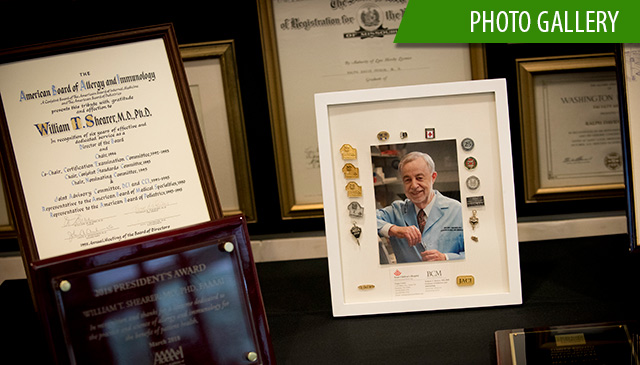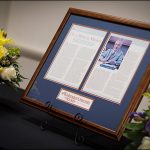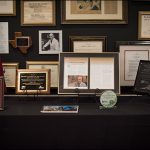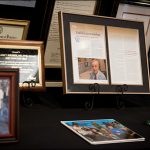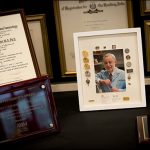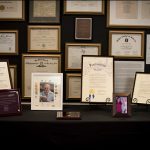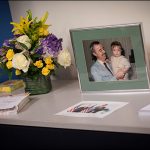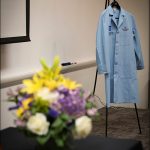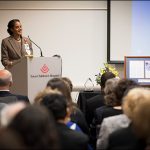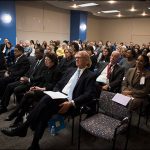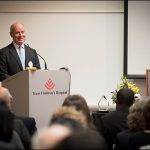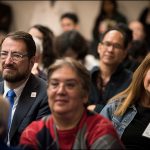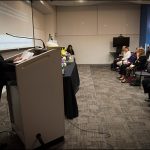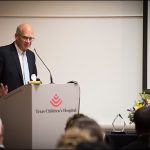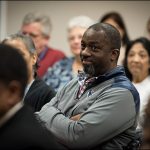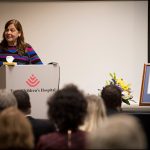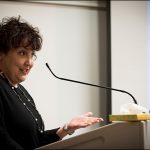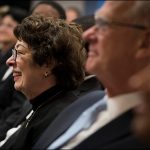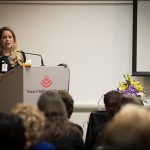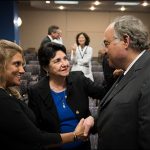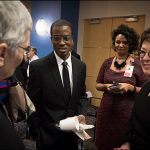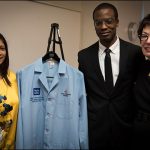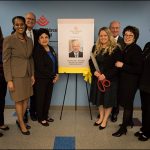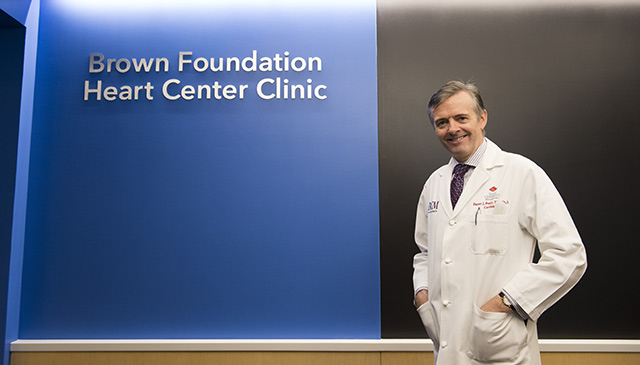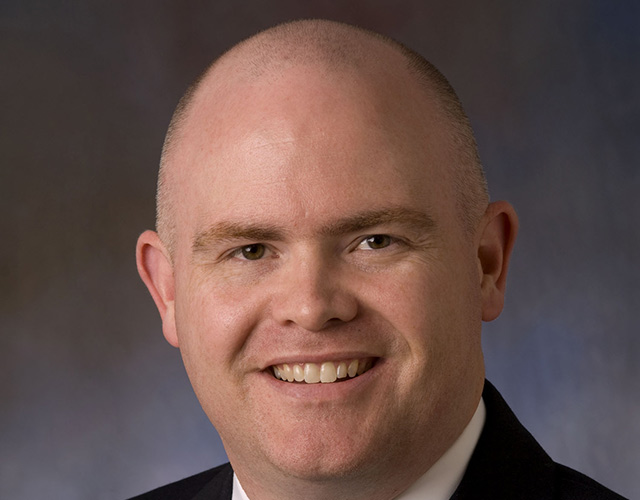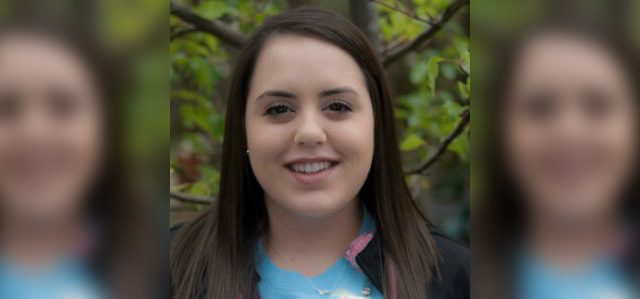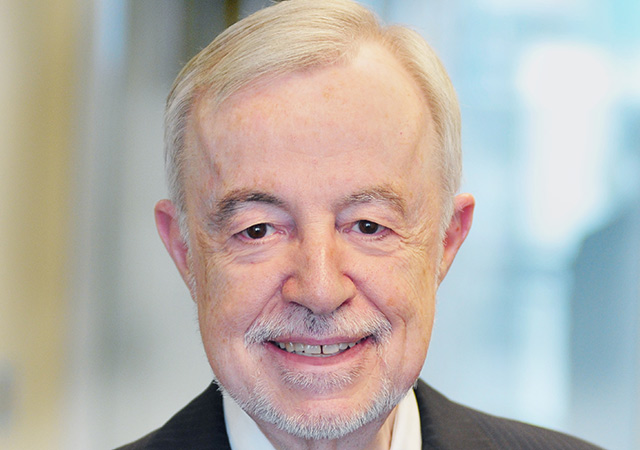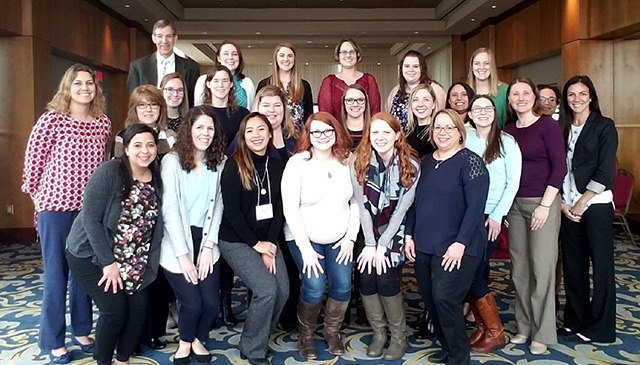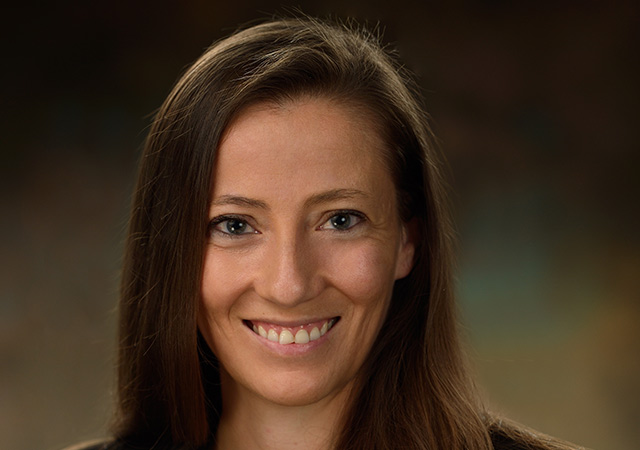
Your name, title and department. How long have you worked here?
Jackie Pacheco, Health Coach in the Employee Health and Well-Being Department. I have worked at Texas Children’s for almost three years.
Tell us how you found out you won a super star award.
We were in our monthly HR Staff Meeting and during the thank you and congratulations section, my assistant director announced to the team that I had won the Super Star Award for the month of September. It was a complete surprise and I was overwhelmed with the warmth and amazing response from my colleagues.
What does it mean to be recognized for the hard work you do? How has the organization helped you achieve your personal and professional goals?
It means a lot to be recognized for all of the hard work that you put in. I work with an amazing team, and our work always impacts the people who work here at Texas Children’s with all of our health and well-being initiatives. I work with incredible people who support and encourage me every day and care for me both professionally and personally.
I recently became a certified wellness and health coach and have grown in my department because of this. I received encouragement from my leaders, and just knowing they are behind me and want to see me succeed, pushes me to do my best every day.
What do you think makes someone at Texas Children’s a super star?
A super star is someone who embraces the core values and finds a way to incorporate them into everything they do. They show up every day with a positive attitude and are enthusiastic about their work. We must always remember that we never know who we are going to make an impression on, so might as well always strive to make it positive.
What is your motivation for going above and beyond every day at work?
Knowing that I can make an impact on any single employee within the organization, keeps me going. Working on the Well-Being team, my job is to take care of the health and well-being of employees throughout our organization. If I can help our workforce develop healthy habits and empower them to achieve their well-being goals, I will not only help that individual but also develop a culture of health for the organization.
What is the best thing about working at Texas Children’s?
The best thing about working at Texas Children’s is the people. You will always see smiling faces in the hallways, and people are always willing to help. Our workforce’s enthusiasm and pride to work here is always eminent.
What does it mean to you that everyone at Texas Children’s is considered a leader? What is your leadership definition?
It is great to know that everyone who works at Texas Children’s is considered a leader. My definition of leadership is: A leader must enjoy what they are doing and maintain an enthusiastic, positive and optimistic attitude. Listen if they want to be heard and always remember that the most powerful tool that you possess is your own personal example.
Anything else you want to share?
I would like to say a special thank you to Julia Gaffney for taking the time to nominate me. I would also like to thank all of the Wellness Ambassadors who help promote wellness throughout the organization; without them my job wouldn’t be possible.


